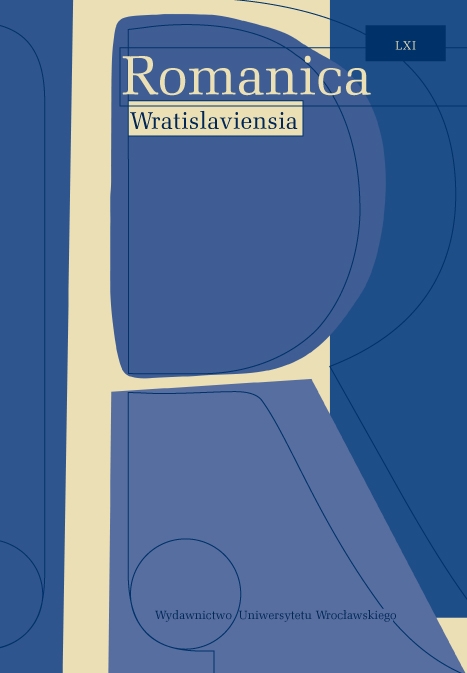

Articles

THE DISTURBING POWER OF WHITENESS: LAZARIAN WRITING IN PATRICK MODIANO’S DORA BRUDER
Mondiano’s novel Dora Bruder belongs to the contemporary works of fiction which, evoking traumatic events, explore the Holocaust in order to revisit the painful heritage of History. Trying to reconstruct the lost memory and to bring back to life people who perished during the war, Modiano’s text embodies Lazarian characteristics of a narrative. Faced with the impossibility of representing the tragic events, Modiano resorts to the Barthesian ‘white writing’: he rejects lyrical agitation and aims at the stylistic simplicity of a transparent, impersonal voice dryly reporting the facts. Abandon ing sophisticated narrative structures in favour of a collage of authentic documents, he endows his text with elements of a non-literary style: the novelistic intensity of Dora Bruder is shaped precisely by the rejection of narrative mechanisms of the genre. On the level of textual composition Mondia-no’s novel thus reflects the theme of annihilation that it explores.